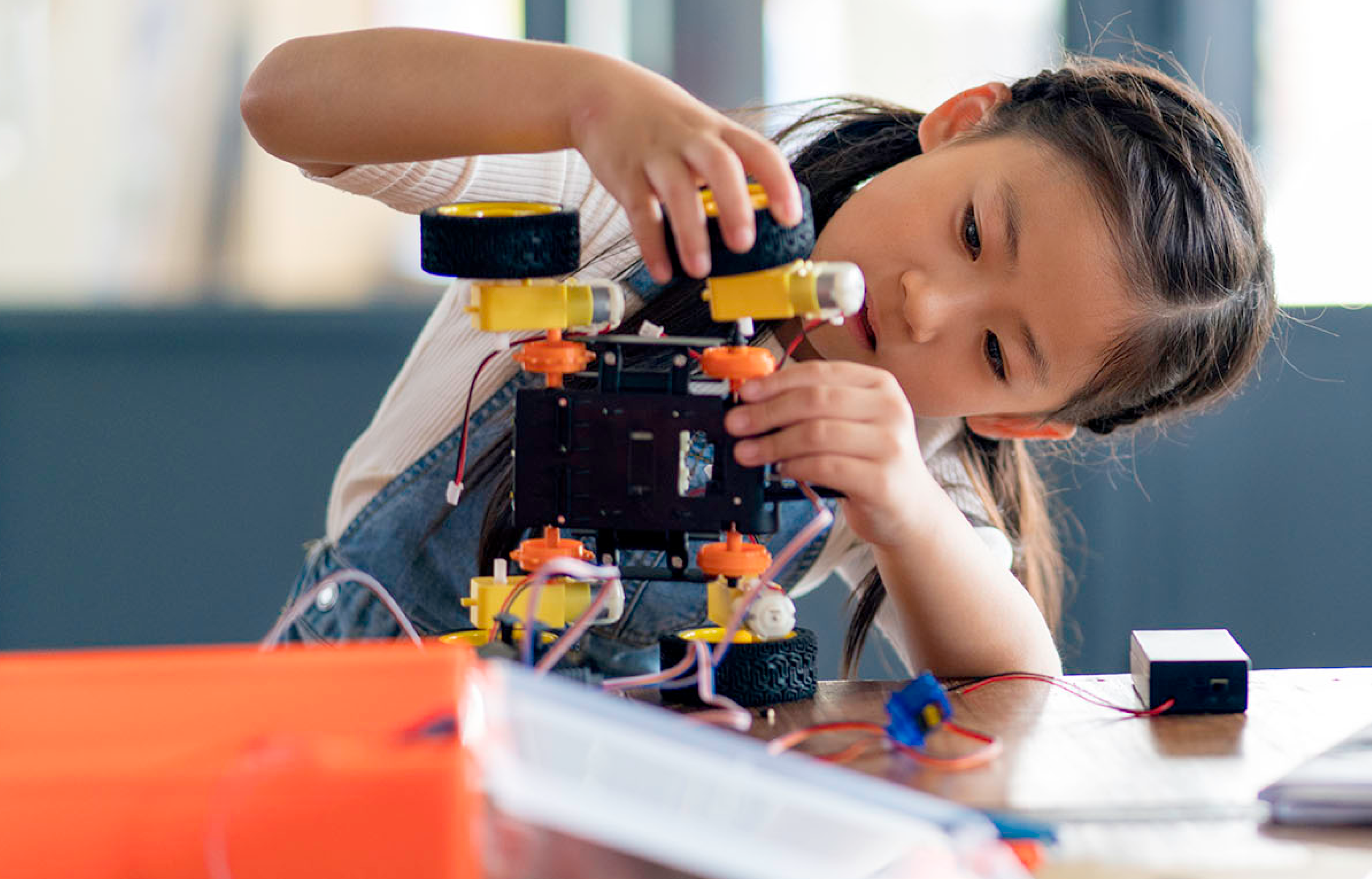In an age when the pace of technological innovation continues to accelerate, it is increasingly difficult to identify what skills will be relevant 5 years from now—let alone 50.

Globally, demand for employment is growing faster than the market can respond or absorb new entrants. Millions of unskilled youth are employed in low productivity occupations and experience exploitation or working poverty. Opportunities to develop or upgrade employability skills are small-scale and inaccessible, especially for vulnerable youth.
To reform education and employment systems to serve all youth and promote decent work, EDC engages youth in the design, implementation and decision-making of programs. In support of local ownership and sustainability of market-driven skills development, innovations and transition to work services, EDC facilitates collaboration and strengthens capacity of system actors such as government institutions, community-based and youth-led organizations, and local employers. EDC also reinforces policy dialogue and provides costing analysis to institutionalize work readiness and work-based learning programs within education and vocational training systems.
Across the U.S., EDC partners with industry, preK–16+ education, and communities to ensure all young people thrive. Two fundamental principles drive our work—that equity and excellence are inseparable and diversity drives innovation. For over 60 years, we have advanced equity, access, and inclusion in workforce preparation, creating and scaling career pathways for youth who have limitless potential, but limited opportunities. In addition to designing, leading, and scaling programs, we study and evaluate promising approaches to career learning. Our staff brings expertise in workforce development ecosystems, career academies, place-based career development models, and effective strategies to foster future-ready youth.
Featured

In the new guide K–8 STEM Career Competencies, published by EDC’s STEM Learning and Research Center (STELAR), my co-authors and I share easy and effective ways to help students explore and acquire the skills they will need to thrive in 21st-century workplaces.

Amgen Biotech Experience puts “Eastie High” youth on pathway to science careers.

Exploring the skills that students need to succeed in the field.

The workplace as we know it is changing rapidly. How can schools adapt?

Improving access to STEM careers isn’t just a matter of social justice—it also drives innovation, says EDC’s Sarita Pillai.

In an age when the pace of technological innovation continues to accelerate, it is increasingly difficult to identify what skills will be relevant 5 years from now—let alone 50.

In the new guide K–8 STEM Career Competencies, published by EDC’s STEM Learning and Research Center (STELAR), my co-authors and I share easy and effective ways to help students explore and acquire the skills they will need to thrive in 21st-century workplaces.

Amgen Biotech Experience puts “Eastie High” youth on pathway to science careers.

Exploring the skills that students need to succeed in the field.

The workplace as we know it is changing rapidly. How can schools adapt?

Improving access to STEM careers isn’t just a matter of social justice—it also drives innovation, says EDC’s Sarita Pillai.